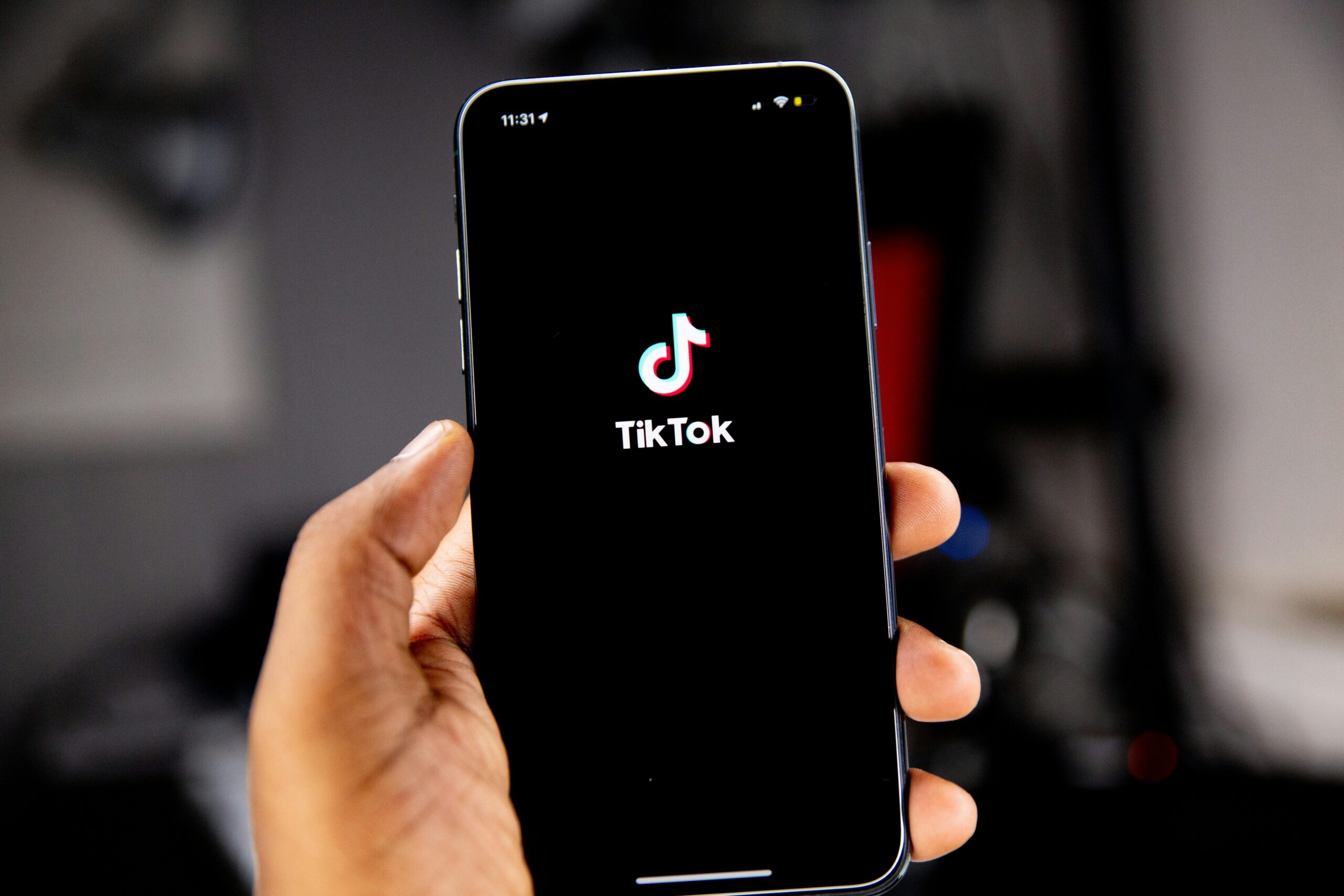
Kyrgyzstan to Temporarily Suspend TikTok Over Child Safety Concerns
In a significant move, Kyrgyzstan has announced a temporary suspension of access to the popular social media platform TikTok. The decision, which is set to come into effect by April 18, was made following a request from the Kyrgyz State Committee for National Security. The Digital Development Ministry, upon reviewing the request, found it appropriate and feasible, subsequently instructing national internet service providers to restrict access to the platform.
The move comes amid growing concerns over the adverse effects of TikTok on the mental development and health of children. Various public organizations have raised alarms over the past year, advocating for government action to address these issues. This concern is not unique to Kyrgyzstan, as legislation is currently pending in the US Congress seeking to ban TikTok or force it to sell to American owners.
Kyrgyzstan’s decision to suspend TikTok access is grounded on the service’s failure to adhere to Article 2-1 of Kyrgyzstan’s Law “On Measures to Prevent Harm to Children’s Health and Physical, Intellectual, Mental, Spiritual, and Moral Development,” which outlines the types of information deemed detrimental to children’s health and development. This is not the first attempt to block TikTok in Kyrgyzstan. In August 2023, the Ministry of Culture announced its intention to ban TikTok in the country; however, no action followed.
The directive to ban TikTok cites the app as a risk to children’s mental health. On Wednesday, August 30, authorities gave instructions to block the video-sharing app inside the Central Asian nation, in reference to appeals from non-governmental organizations. The Kyrgyz Ministry of Culture has been at the forefront of this initiative, emphasizing the importance of safeguarding the younger generation from potential harm.
The suspension of TikTok in Kyrgyzstan reflects a broader trend of increasing scrutiny of social media platforms worldwide. Governments and regulatory bodies are becoming more vigilant about the content accessible to young users and the potential impact on their well-being. This latest development in Kyrgyzstan is a testament to the country’s commitment to protecting its citizens, especially the youth, from the perceived negative influences of certain digital content.

